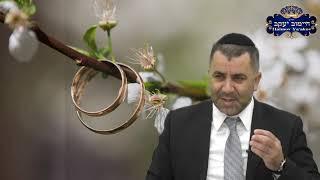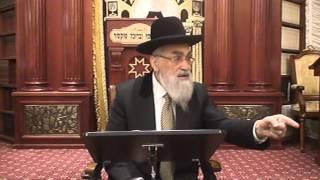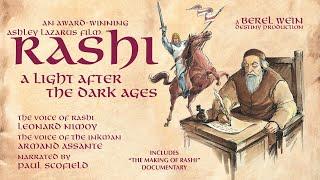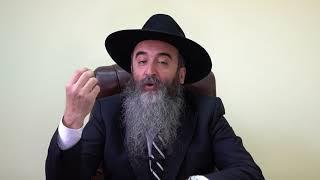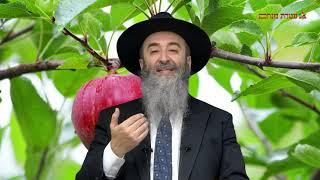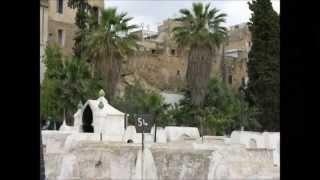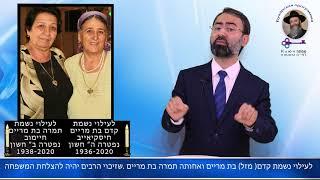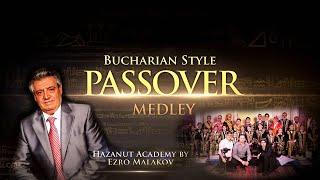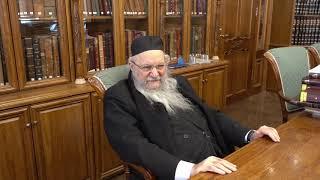Problems playing the video? Click Here to reload
Watch Videos: Random | New | Popular
All Essays | Report Video
|
Share Video
- Buy Us a Coffee -
Rabbi YY Jacobson
There is a strange Mishnah concerning a mitzvah in the portion of Ki Seitzei. “Someone who says, ‘Your mercy extends upon a nest of birds,’ is to be silenced… Someone who says Modim Modim twice, “Thank You G-d,” “Thank You G-d,” is to be silenced.”
What is the juxtaposition between the two cases—the person who speaks of G-d’s compassion to the birds, and the person who says “Modim” twice. Why does the Mishnah pair them together in a single sentence and dictates us to silence them both equally? The class presents a fabulous interpretation by Rabbi Yosef Chayim (1835-1909), the Ben Ish Chai, chief Rabbi of Baghdad.
There is another enigmatic Mishnah in Ethics of the Fathers: Rebbi would say: Which is the right path for a person to choose for himself? Whatever is beautiful for the one who does it, and is also perceived as beautiful by other people.
Both the question and answer are deeply problematic. How can the Mishnah—the primary body of the Jewish oral transition and law—wonder “what is the right path for a person?” For this, we were given the Torah!
What is more, the Mishnah emphasizes that the person ought to choose the right path. Is this the Jewish approach? Since when did the Mishnah become so liberal as to allow each person to choose his or her path in life?!
Even more strange is the author of this question—none other than Rabbi Judah the Prince, who was the spiritual leader of the Jewish people during his day, and the editor of the Mishnah—the main body of Jewish law and tradition.
His answer seems no less startling. Rebbi suggests to each person to choose a path that he considers beautiful, and that others consider beautiful. Really? What if what I think is beautiful contradicts the Torah? And what if what the street considered glorious undermines the moral system of Judaism?
These questions were raised by the Lubavitcher Rebbe during his “fabrengen” on Shabbos Parshas Tazria-Metzora 5748 (May, 1988). I still remember the intensity of the Rebbe’s powerful questions on this Mishnah—seemingly out of sync with what we often think of Judaism.
And then the Rebbe presented one of the most beautiful and inspiring explanations. In my mind’s eye I can still see and hear the Rebbe share these moving insights, which reframed my perspective on Judaism.
In English
There is a strange Mishnah concerning a mitzvah in the portion of Ki Seitzei. “Someone who says, ‘Your mercy extends upon a nest of birds,’ is to be silenced… Someone who says Modim Modim twice, “Thank You G-d,” “Thank You G-d,” is to be silenced.”
What is the juxtaposition between the two cases—the person who speaks of G-d’s compassion to the birds, and the person who says “Modim” twice. Why does the Mishnah pair them together in a single sentence and dictates us to silence them both equally? The class presents a fabulous interpretation by Rabbi Yosef Chayim (1835-1909), the Ben Ish Chai, chief Rabbi of Baghdad.
There is another enigmatic Mishnah in Ethics of the Fathers: Rebbi would say: Which is the right path for a person to choose for himself? Whatever is beautiful for the one who does it, and is also perceived as beautiful by other people.
Both the question and answer are deeply problematic. How can the Mishnah—the primary body of the Jewish oral transition and law—wonder “what is the right path for a person?” For this, we were given the Torah!
What is more, the Mishnah emphasizes that the person ought to choose the right path. Is this the Jewish approach? Since when did the Mishnah become so liberal as to allow each person to choose his or her path in life?!
Even more strange is the author of this question—none other than Rabbi Judah the Prince, who was the spiritual leader of the Jewish people during his day, and the editor of the Mishnah—the main body of Jewish law and tradition.
His answer seems no less startling. Rebbi suggests to each person to choose a path that he considers beautiful, and that others consider beautiful. Really? What if what I think is beautiful contradicts the Torah? And what if what the street considered glorious undermines the moral system of Judaism?
These questions were raised by the Lubavitcher Rebbe during his “fabrengen” on Shabbos Parshas Tazria-Metzora 5748 (May, 1988). I still remember the intensity of the Rebbe’s powerful questions on this Mishnah—seemingly out of sync with what we often think of Judaism.
And then the Rebbe presented one of the most beautiful and inspiring explanations. In my mind’s eye I can still see and hear the Rebbe share these moving insights, which reframed my perspective on Judaism.
In English
- Category
- Emunah - Вера Devarim-Ki Tetzeh
- Tags
- emunah
Commenting disabled.







